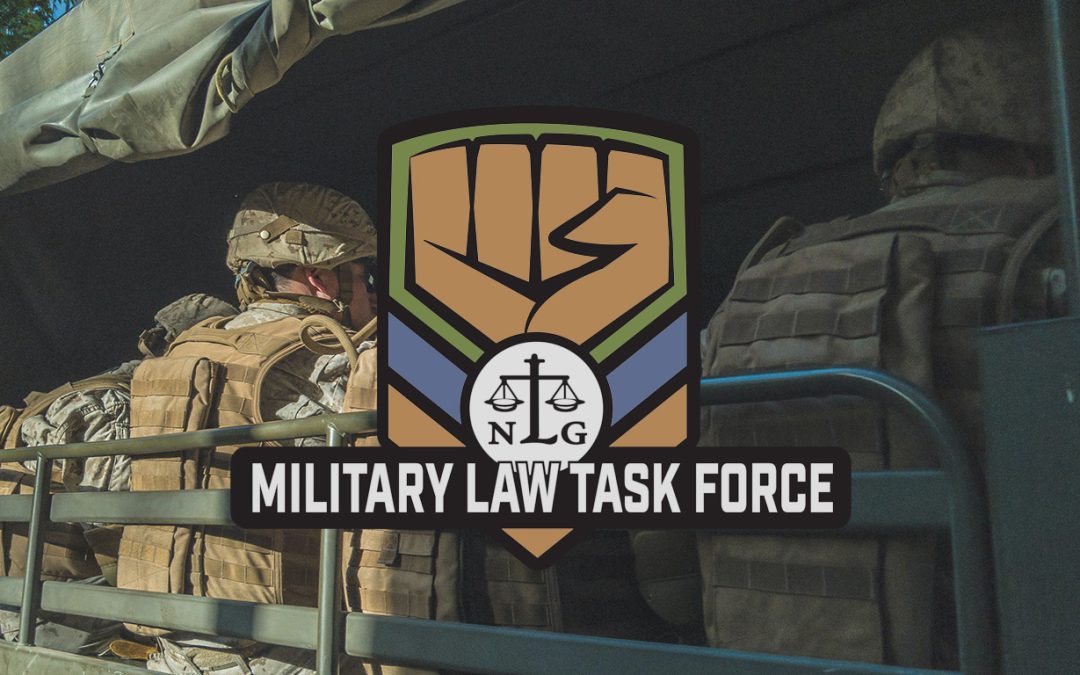An Op-Ed for MLTF by David Gespass
Editor’s note: Some on the Left, most prominently former Democratic Party chair Howard Dean, have said that the automatic cuts of the sequester are the only way the military budget will ever be reduced, and that he therefore supports them. In this editorial written for the MLTF website, former NLG president David Gespass agrees with the sentiment, but argues that the cuts of the sequester will not big enough, or directed enough, to make the kind of difference we hope for.
The “sequester,” as has been well documented, was the Obama administration’s ingenious mechanism, which both parties and houses of Congress bought into, for insuring a rational budget deal. The idea was to require, in the absence of such a deal, uniform spending cuts for all but a specified few federal programs. Thus, the military budget, for example, will require the same percentage cuts in spending on the building of more tanks, for which we have no use, and the provision of food for the troops. The consequence, as we shall see, is that little is done to rein in out-of-control military appropriations while visiting significant hardship on GIs, veterans and civilian personnel.
The US military budget is clearly out of control. In 2012, the country spent $711 billion on the military. The next fourteen biggest military spenders, including a number of presumed U.S. allies and two countries, Germany and Japan, that are not supposed to have armies – China, Russia, the United Kingdom, France, Japan, India, Saudi Arabia, Germany, Brazil, Italy, South Korea, Australia, Canada and Turkey – spent a total of $713 billion. Only Saudi Arabia, at 8.7%, spent as high a percentage of its gross domestic product as the U.S. at 4.7%.
The U.S. armed forces enjoy an already-overwhelming capacity to wreak death and destruction around the world. They are augmented by allegedly non-military agencies like the CIA. It is clear that we could go a year or two without building new weapons and instrumentalities without losing our power in the world. But, all that aside, it is beyond cavil that any number of military spending programs are utterly unnecessary. We do not, for example, need more nuclear weapons. We have more than enough to obliterate the rest of world a couple of times over, yet there are plans to spend $700 billion on nukes over the next decade. Presumably, with the sequester, that figure will “plummet” to $658 billion.
While the Department of Veterans Affairs is exempt from sequestration, Tricare, veterans’ health insurance, is not. That means more and more vets will turn to the VA for health care and that system is already too overburdened to provide adequate care, despite the heroic efforts of its medical personnel.
Because military pay is not affected, there will be a significant reduction in pay for civilian personnel. There is talk of reducing the work week by 20%. One can only guess how that reduction will affect actual service members who rely on the support of civilians for such things as food and supplies.
The hits will be indiscriminate, reducing programs meant to assist people and those meant to kill them. We already have more than enough of the latter and only a rational approach to reducing military spending is going to change that. The sequester won’t.
David Gespass is the former president of the National Lawyers Guild, and a founding member of its Military Law Task Force. An attorney in private practice in Birmingham, Alabama, he is also an adjunct professor at University of Alabama School of Law.




